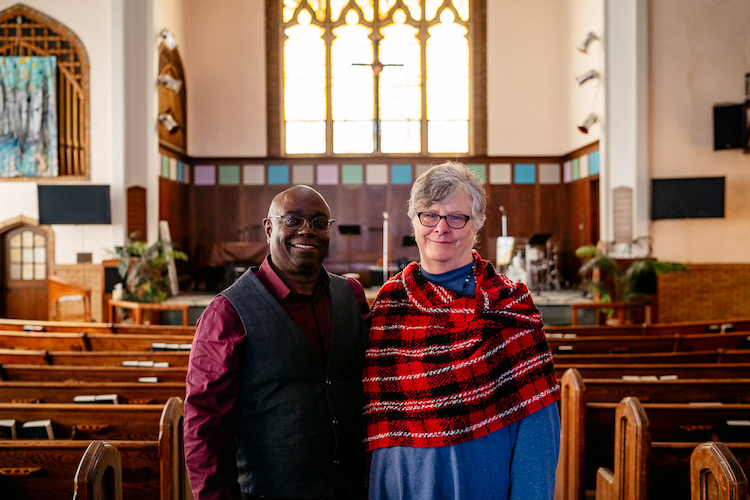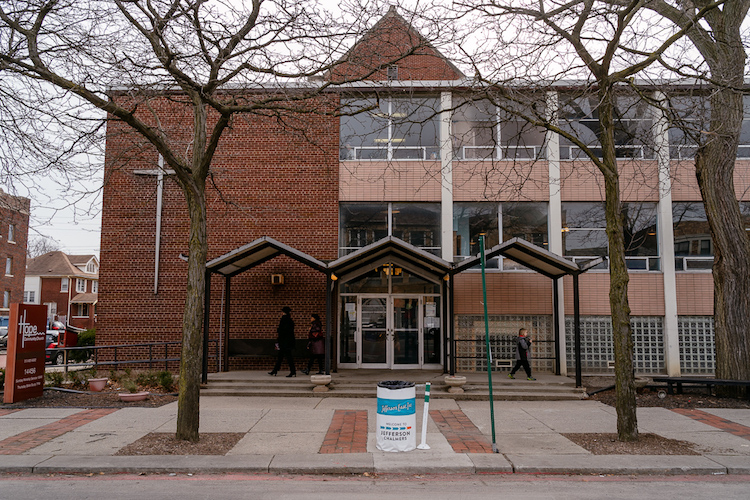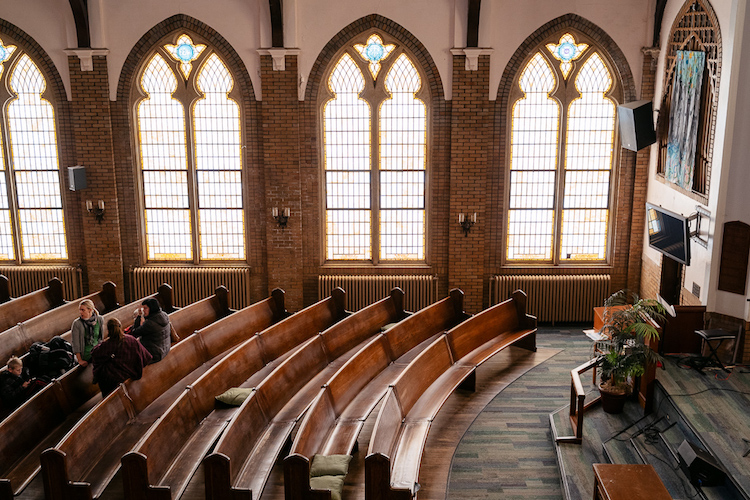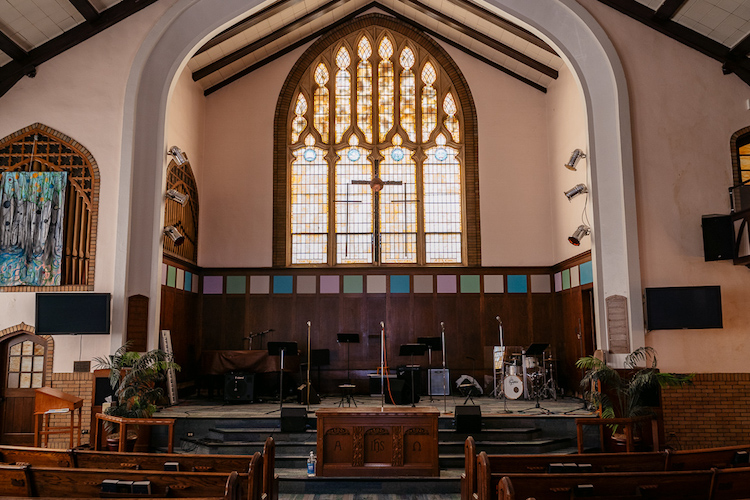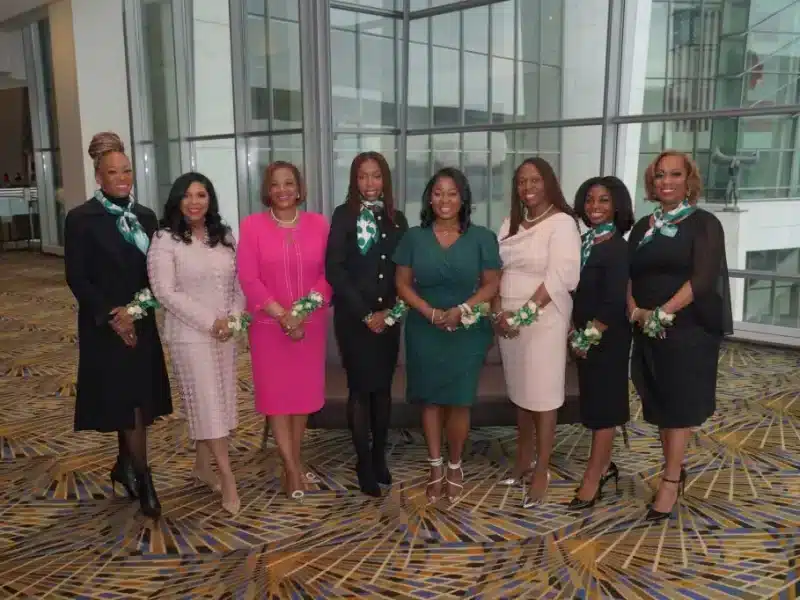The Audacity of Hope: How Hope Church in Jefferson Chalmers aims to right past wrongs
18 years ago, after preaches on racial reconciliation at their previous location were poorly received, Hope Community Church moved to Jefferson Chalmers. The consequences of that move imbues the church's philosophy to this day.
When Jefferson Avenue Methodist Episcopal Church was built in 1923, it was the centerpiece of a thriving community. The Jefferson Avenue thoroughfare was a bustling business center and, a few years later, iconic buildings like the Vanity Ballroom would also be erected. The Great Depression was still years off and the Roaring 20s brought an economic boom to Detroit.
Jefferson Avenue Methodist Episcopal had been in Detroit since 1884 and remains identified in history books as one of the premier worship centers in the young city. After the church shuttered in 1957, the building went through a number of tenants who made it their home.
18 years ago, Hope Community Church moved into the East Jefferson building.
But that move was born out of pain. At their previous location, the founding pastor, J. Kevin Butcher, preached about racial reconciliation.
“He would say that there was a lot that he learned about the slow work of racial reconciliation and what happens when you are passionate and pushing,” says Pamela Pangborn, executive Pastor at Hope Community Church.
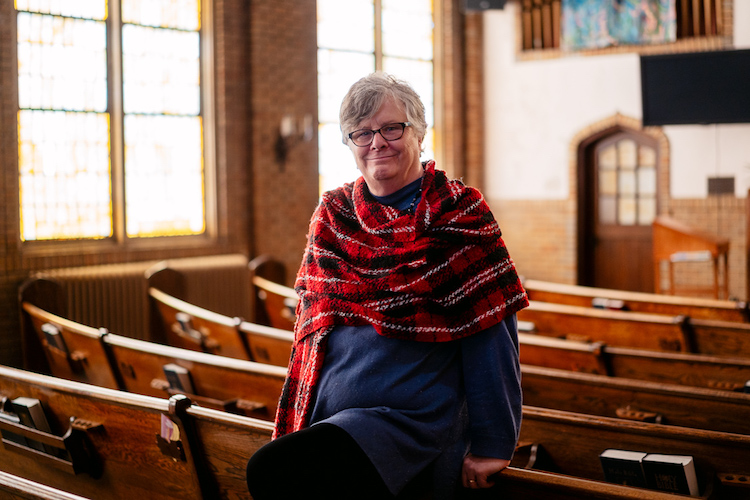
It wasn’t well received by the congregation.
The previous church let Pastor Butcher go. But a group of parishioners felt that they couldn’t return because they were not seeing a commitment to racial reconciliation within their faith community.
“It was not our intention in the beginning to form another church,” Pangborn says. “We prayed and gathered together and waited to see what God was saying to us.”
After three years, Hope Community Church chose a name and became a part of the Evangelical Covenant Church denomination. Their mission was simple: to reconcile people to one another and God.
The idea of racial reconciliation is still at the heart of the work being done at Hope Community Church. The congregation is very diverse both in race and age. Young families fill the sanctuary on Sunday mornings with dozens of small children receiving a prayerful blessing as they head off to their own services. The dress is casual and time is set aside during service for fellowship and prayer in small groups.
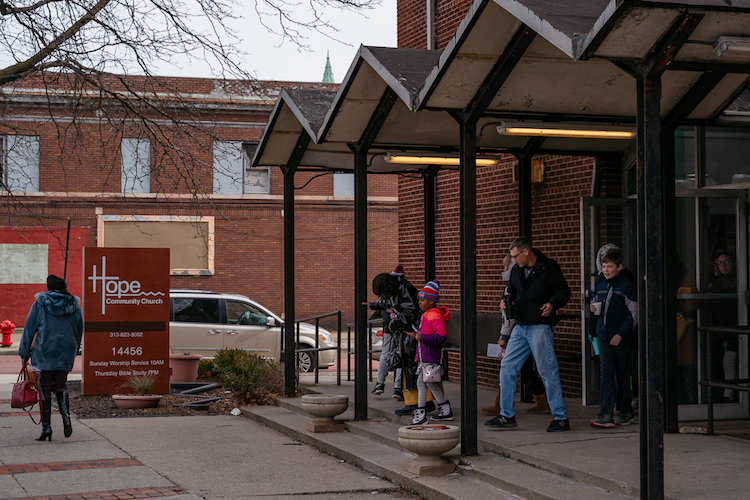
The contentious circumstances of the church’s founding has clearly influenced their values. Some of the church’s six Bible-based values include, “to live in intimate and authentic community” and “to live out equality.” On the church’s website, there’s a petition to end the zero tolerance policy of the Michigan Department of Corrections, which punishes families visiting incarcerated loved ones for small infractions like forgetting to remove a watch.
There is a deliberate effort to commit to equality and to “Love one another as Jesus loved,” says Senior Pastor Terrance J. Rollerson during a Sunday sermon in early February. “Imagine loving someone else, in some ways, better than you love yourself.”
Pastor Rollerson, also known as “Pastor T,” came to Hope Community Church last year by way of Minnesota, Southern California, and New York. When he took over leadership of Hope, one of his first goals was to make the church accessible and useful to the Jefferson Chalmers neighborhood.
To that end, he created Mission: Detroit, a four-day service program where church members do light home repairs for seniors in the neighborhood. Last year, nearly 70 volunteers helped with painting, gardening, and some electrical and plumbing work. The event will take place again this year in August.
“Our greatest resource is our ability to love people well,” Rollerson says. “That’s at the core of everything we do and who we are … How do we love people well where they are and then be about the process of helping people move along their journey to where they want to go?”
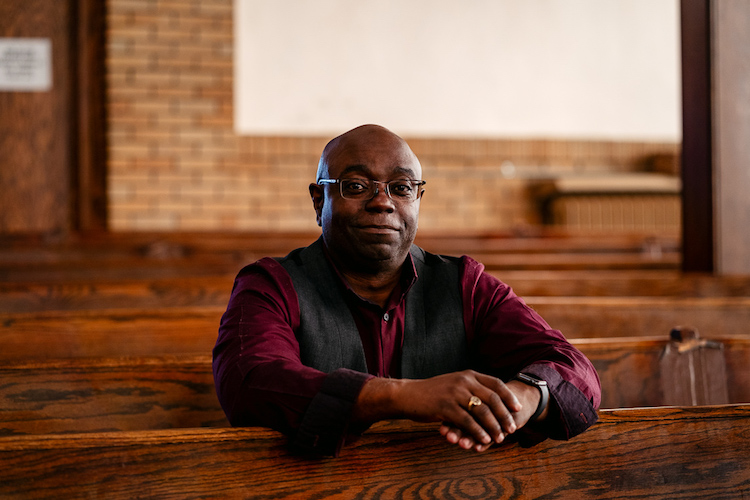
Churches have long been an important part of the communities they serve. Hope Community Church sits on the corner of Jefferson Avenue and Marlborough Street, a kind of gatekeeper to Jefferson Chalmers. In that role, the church has three related organizations that serve the community in different capacities.
Hope House Detroit is a non-profit community center for children where tutoring, literacy, and faith-based programs touch a number of kids in the neighborhood whether or not they attend the church.
Hope Community Outreach and Development (HOCD) is the third non-profit arm of the church. Since its founding in 2005, HCOD serves the local community through nearly a dozen different programs that focus on health, safety, education, and employment.
Last summer, HCOD employed over 50 young people in Jefferson Chalmers through Grow Detroit’s Young Talent program. The youth had their hands on a number of projects in the neighborhood from environmental education and neighborhood safety to cross-over experiences of youth working with seniors.
Healing and rebuilding have been themes that have emerged a lot when talking about Jefferson Chalmers. The neighborhood was once a vibrant business and residential space that is undergoing a rebuilding and resurgence that will not be completely painless. Hope Community Church hopes to continue to be a shining beacon in Jefferson Chalmers of what is possible through love and understanding.
This article is part of our “On the Ground” series, where a journalist reports from a dedicated neighborhood for weekly coverage. Support for this series is provided by the Kresge Foundation.
Photos by Nick Hagen.
